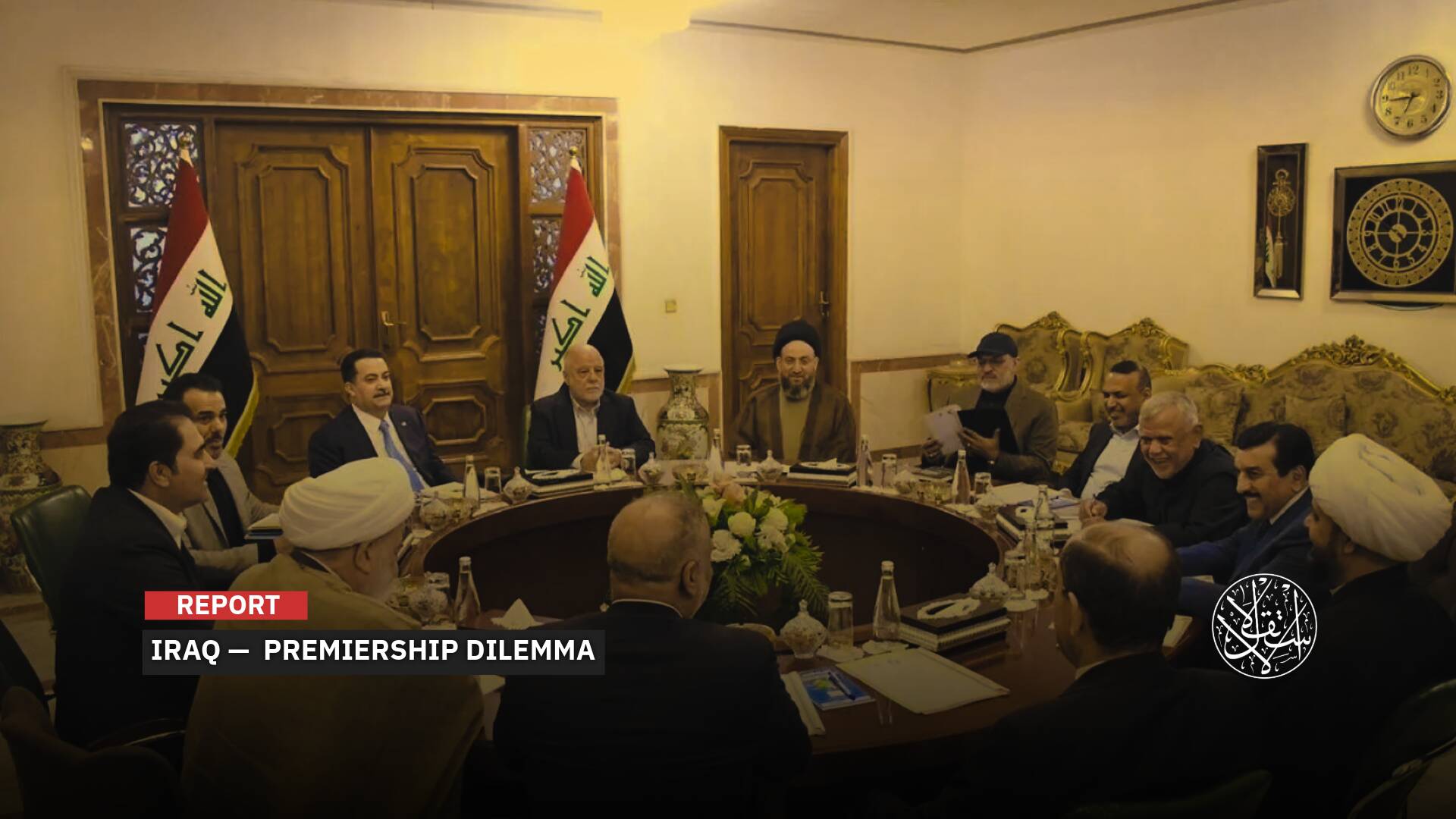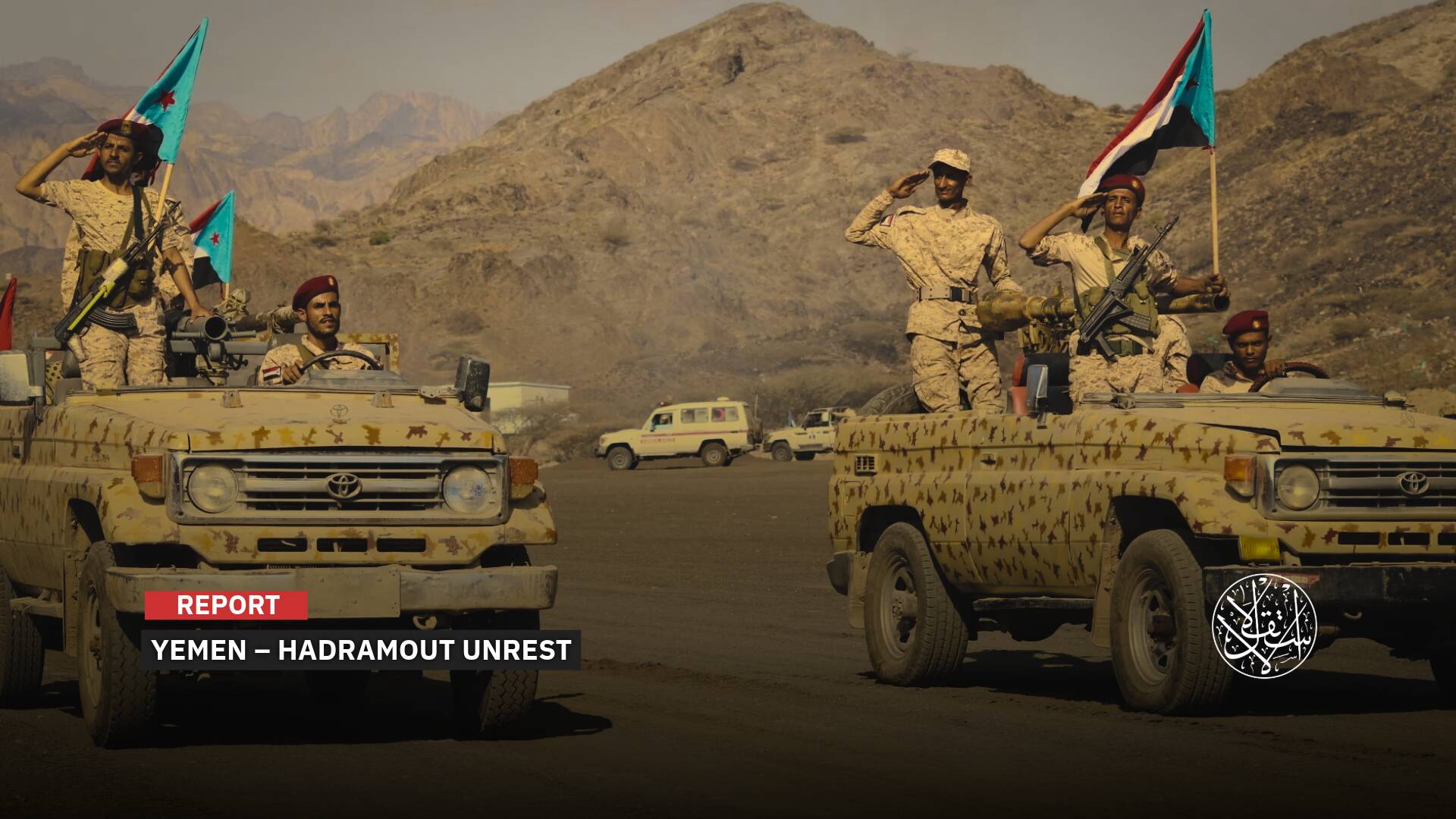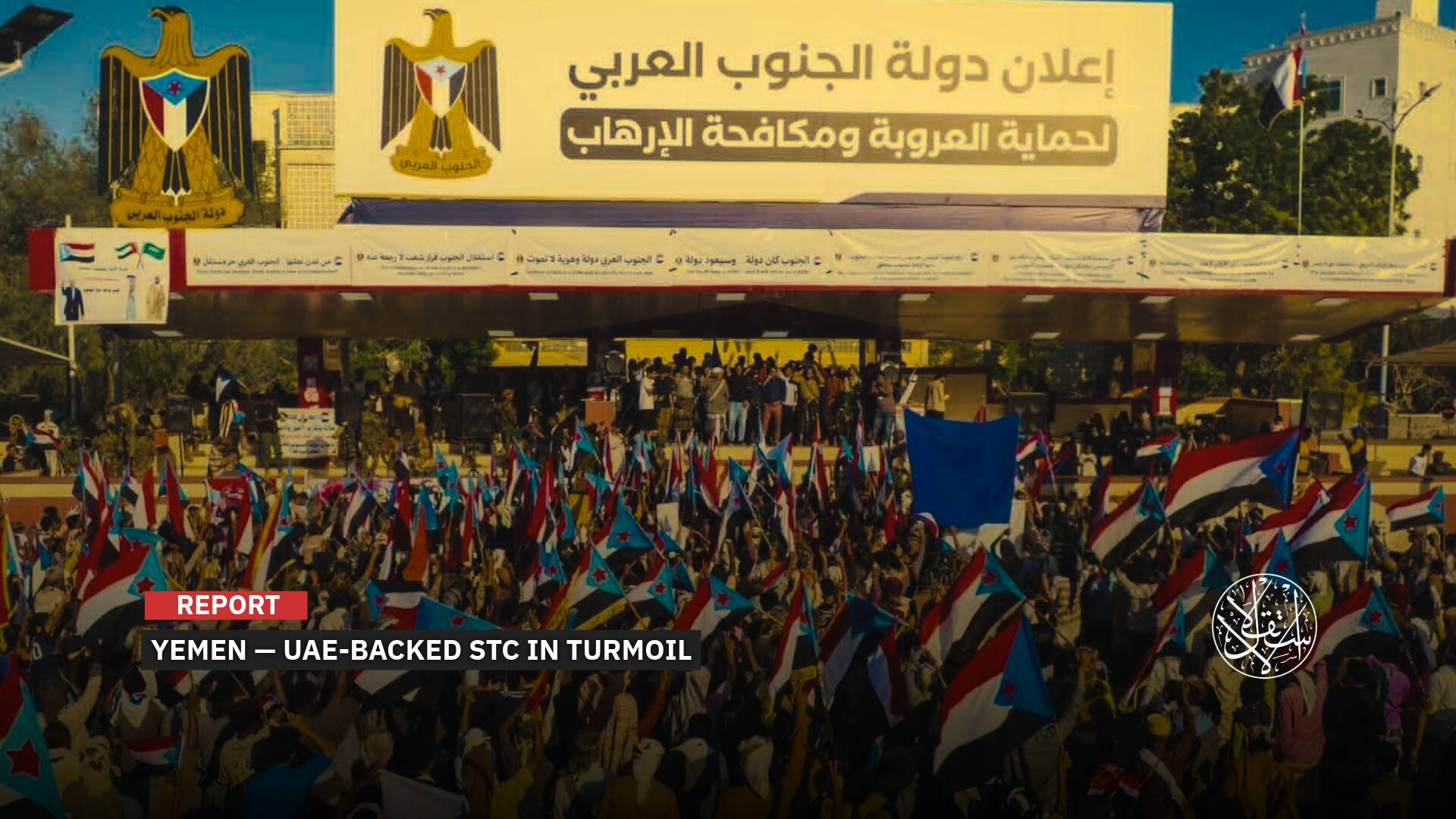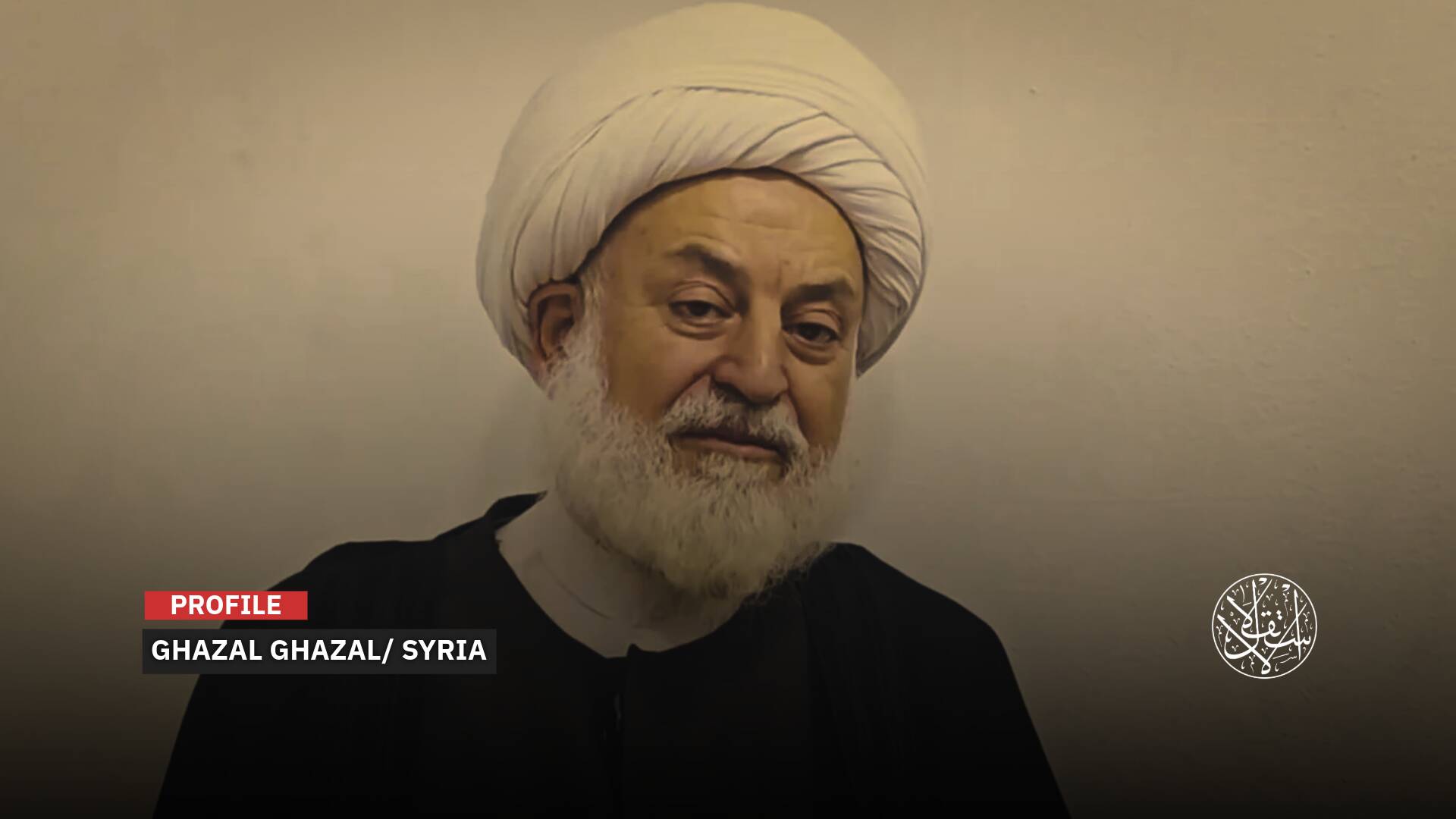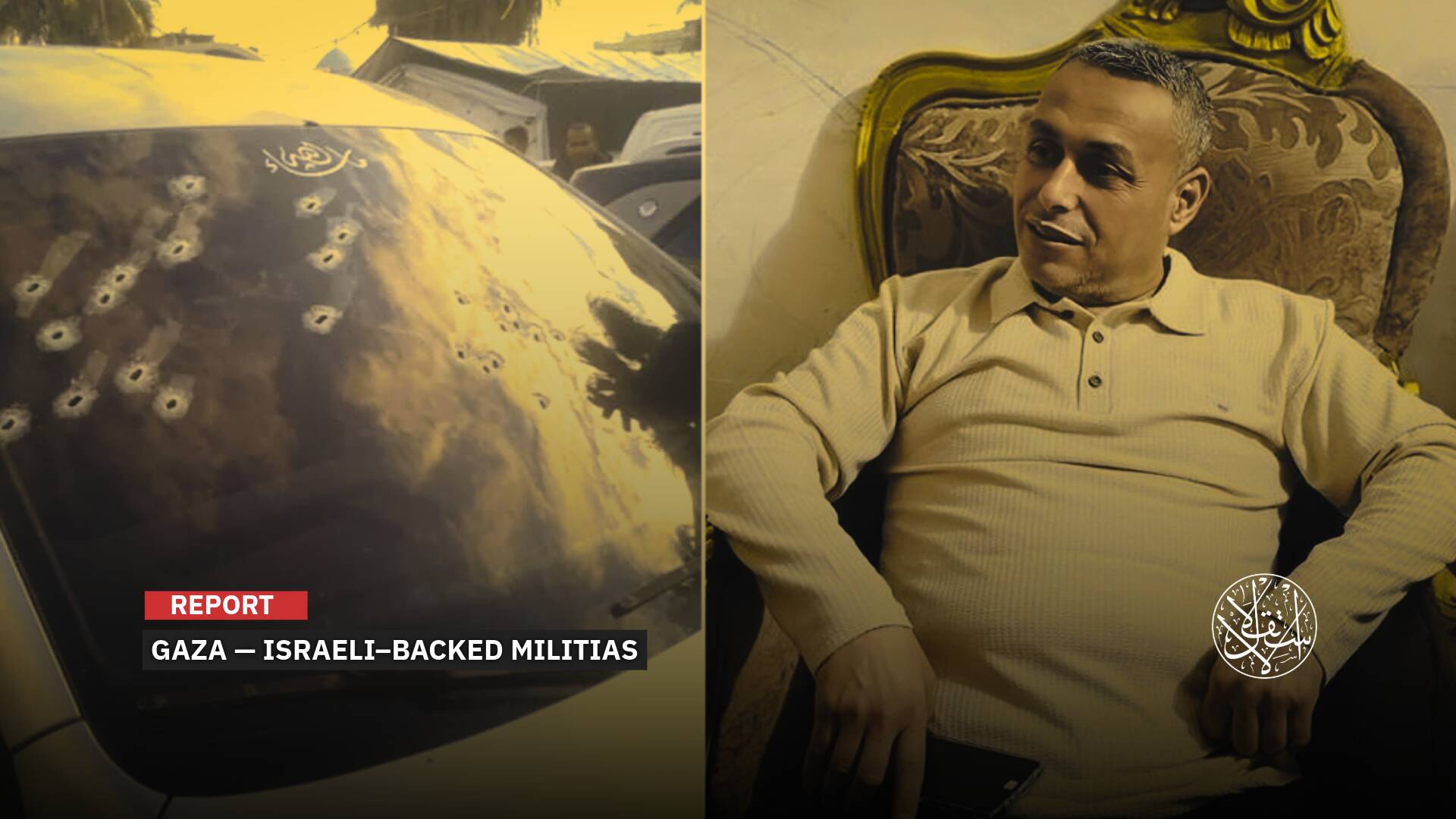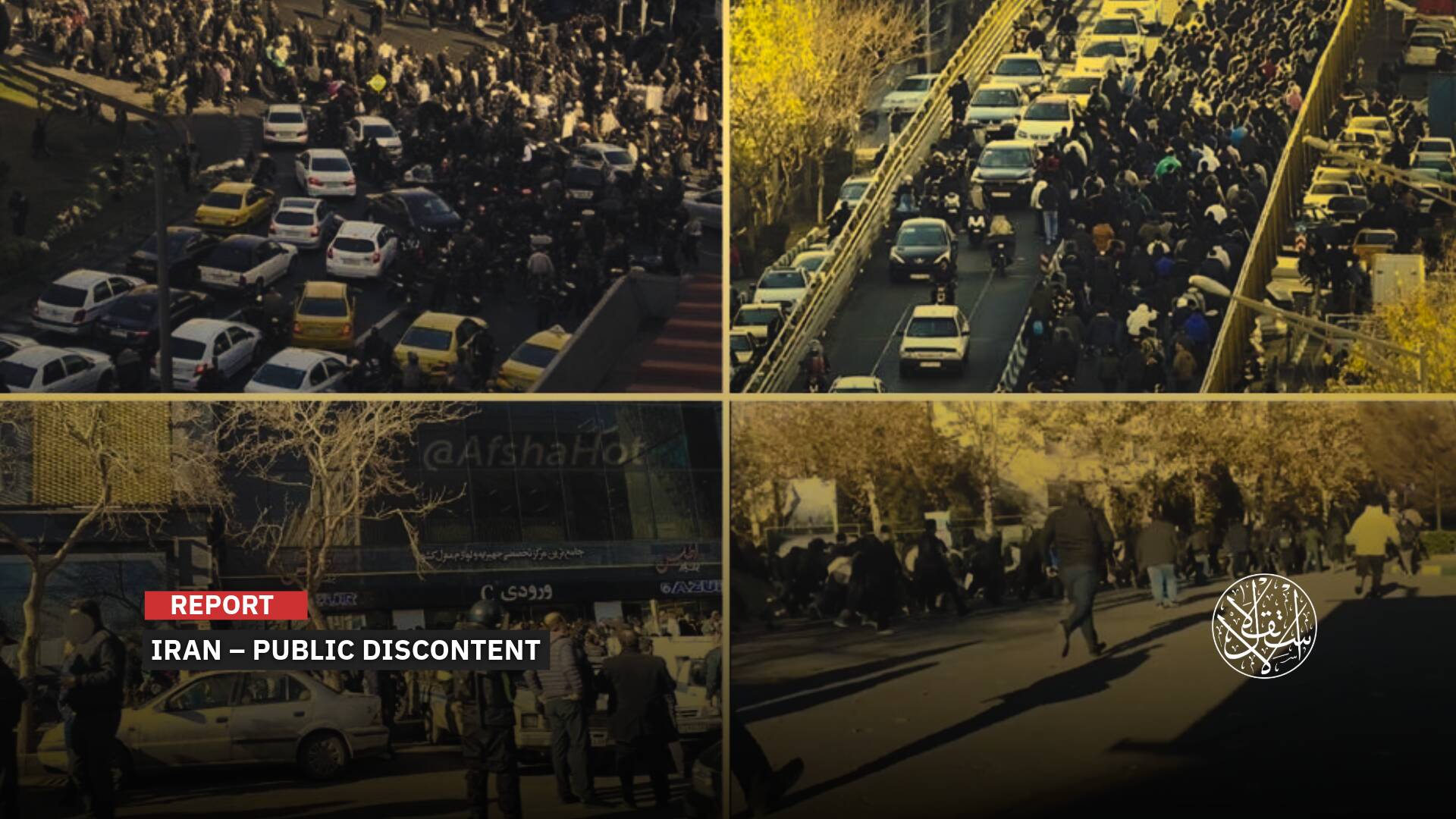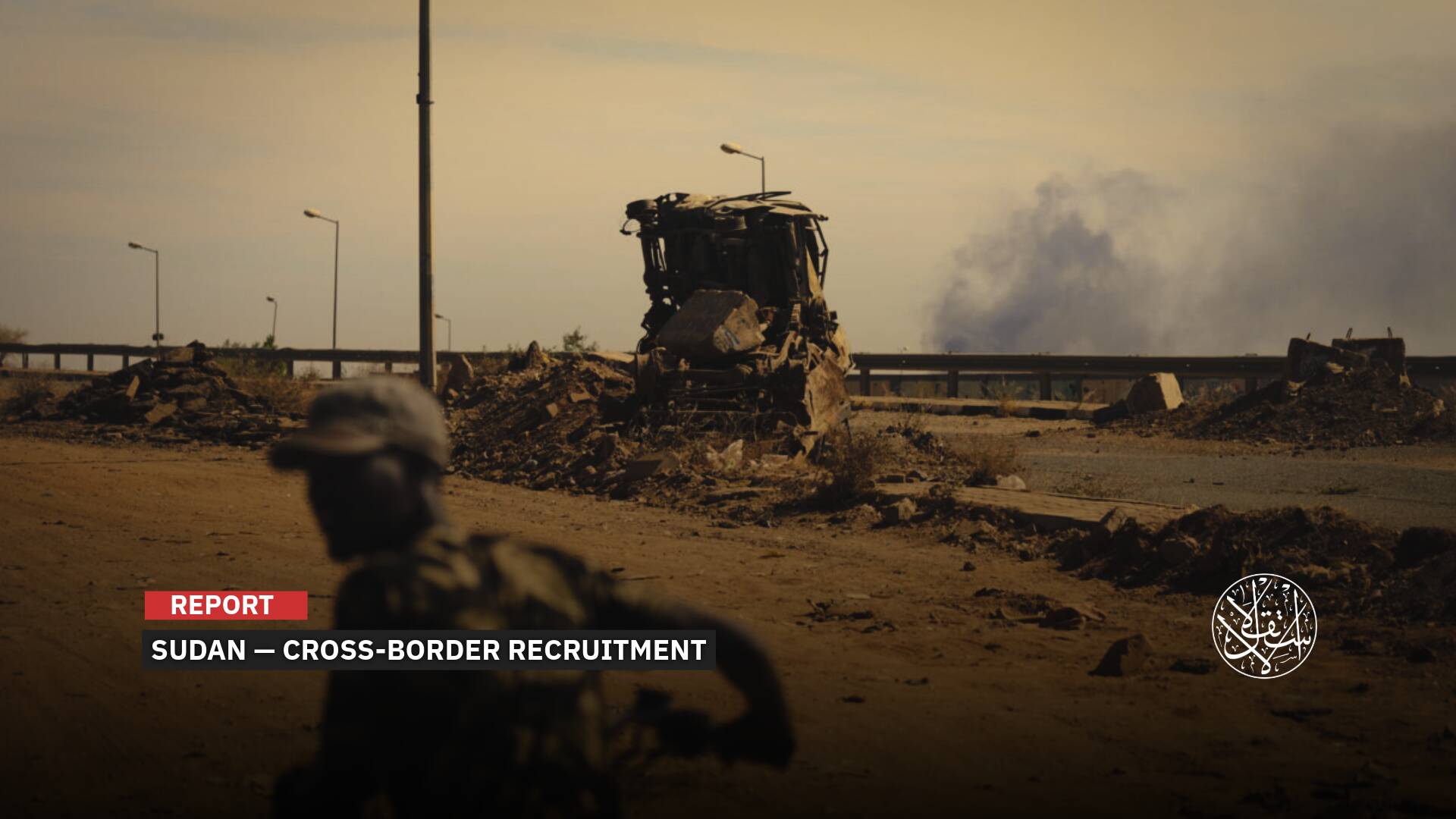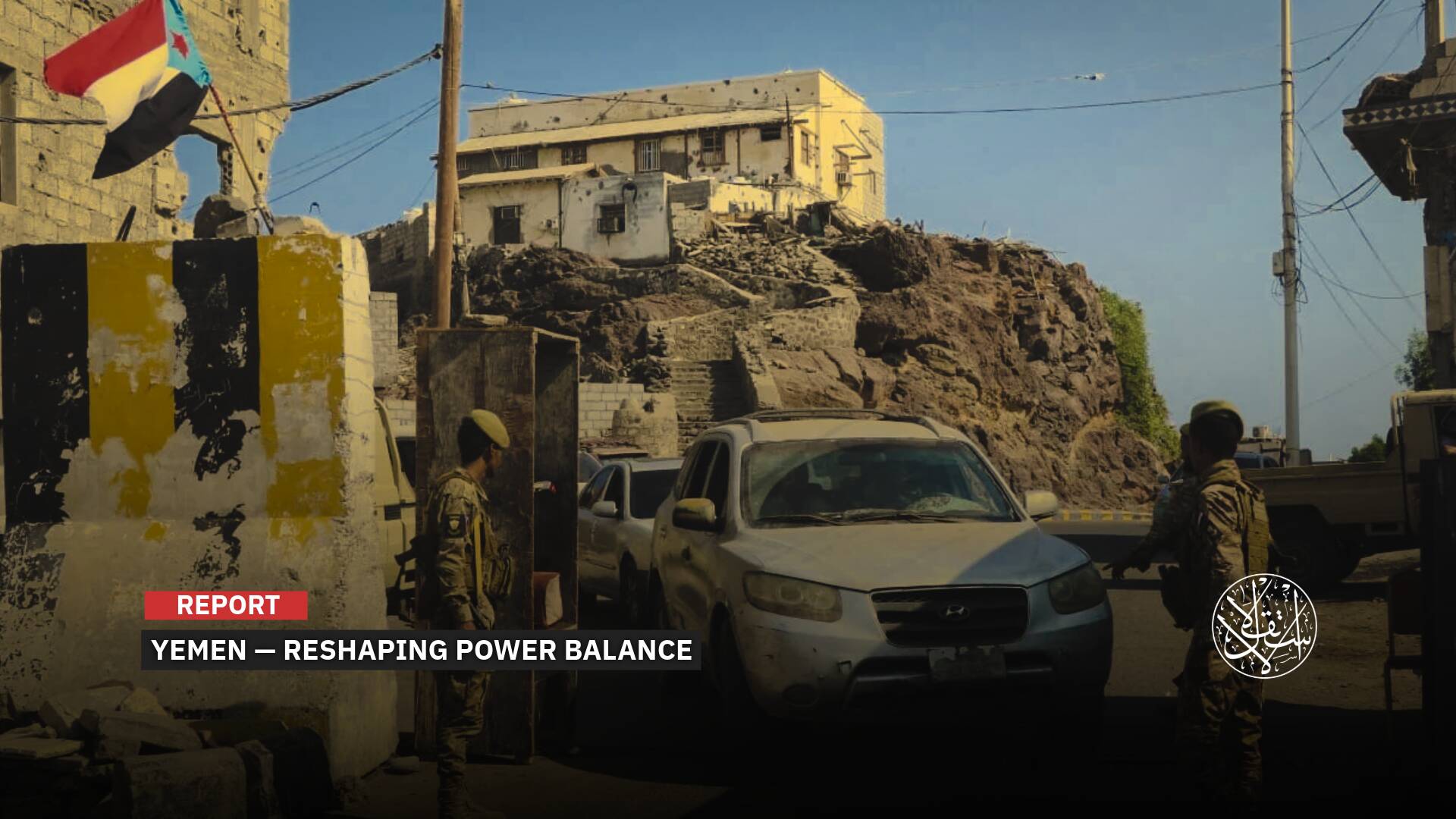Egypt and Turkiye Confront Emirati Influence: Where Is the War in Sudan Heading?
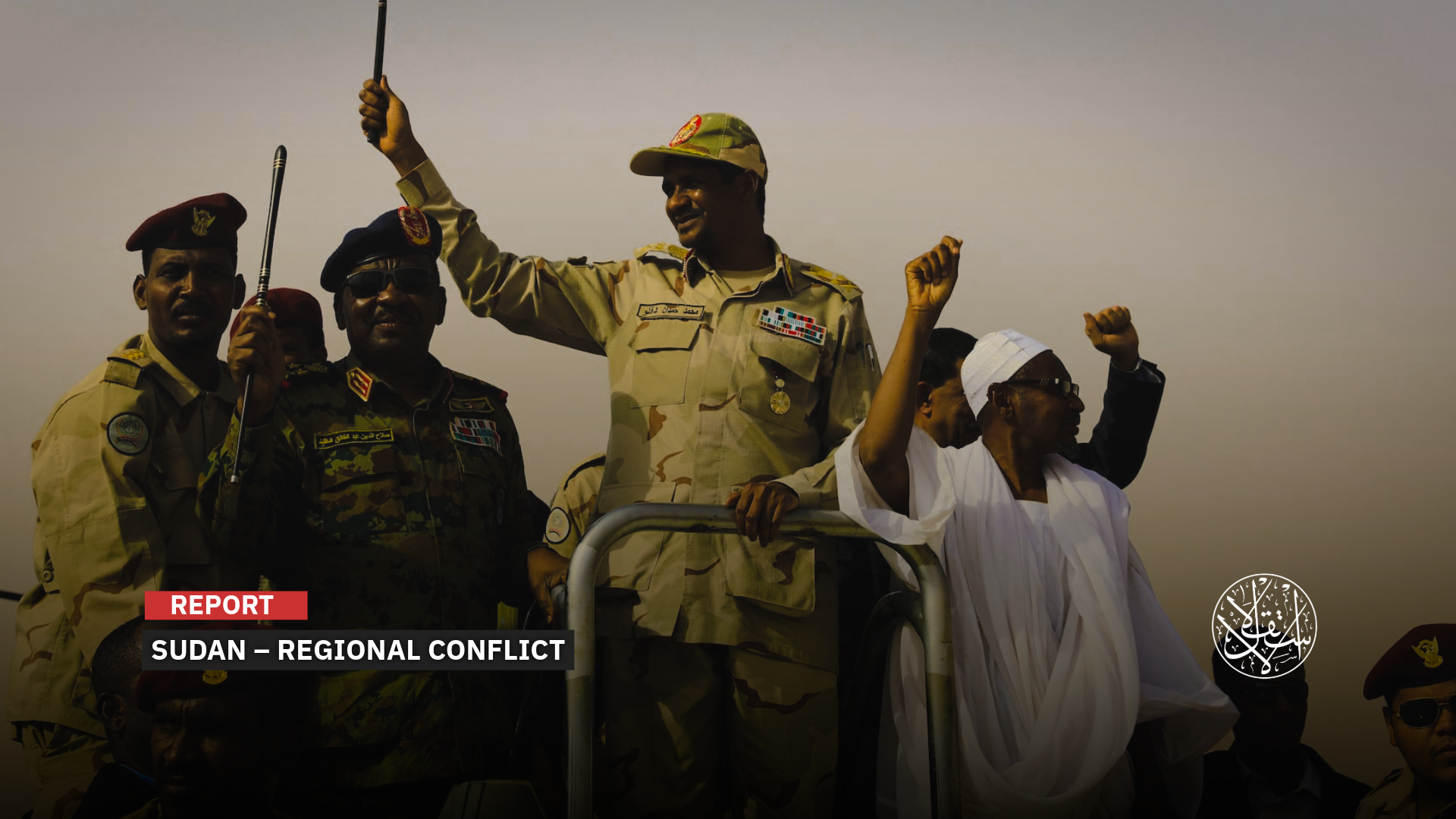
“The conflict in Sudan is no longer internal, it has become an arena for regional agendas.”
On November 12, Egyptian Foreign Minister Badr Abdelatty and his Turkish counterpart, Hakan Fidan, announced a complete alignment of their positions on the Sudanese war, emphasizing the need for an immediate ceasefire, the preservation of the country's unity, and the rejection of any plans to partition it.
Abdelatty stated that he briefed his Turkish counterpart on the contacts Cairo was making to contain the rapidly deteriorating situation on the ground.
Fidan affirmed that the two countries were working together to support stability, halt attacks on civilians, and ensure the delivery of humanitarian aid.
This meeting was not unexpected, as it followed the fall of El Fasher, the strategic capital of Darfur, on October 26.
This event shook Sudan and the region, prompting Cairo and Ankara to fundamentally reconsider their roles in a war that was expanding daily.
Direct Threat
The fall of El Fasher marked a pivotal turning point in the course of the Sudanese war.
After a long siege and the collapse of its defense lines, the UAE-backed Rapid Support Forces (RSF) entered the city, committing widespread abuses documented by witnesses and human rights organizations.
These abuses included extrajudicial killings, the burning of residential neighborhoods, and the displacement of thousands of residents.
However, the most significant impact was political and geopolitical. El Fasher was not merely a city, but the last stronghold of the Sudanese state in the west of the country, and its fall effectively severed Darfur from the rest of Sudan.
Even worse, its fall came months after the RSF seized control of the Sudanese portion of the border triangle with Egypt and Libya, sparking unprecedented concern in Egypt.
Cairo viewed the war as no longer an internal matter, but a direct threat to its national security, especially since the rebels' entry into El Fasher made the scenario of the RSF seizing control of Kordofan a real possibility.
In parallel, the Sudanese army, finding itself in El Fasher facing a significant advantage in weaponry and technology provided by the UAE to the RSF, is seeking further external support.
In this regard, Sudanese analyst Kholood Khair says the Sudanese army expects both Egypt and Turkiye to provide it with weapons after the fall of El Fasher, noting that Egypt, in particular, has an interest in securing its southern border and is very concerned about the RSF’s deployment near it.
Based on these concerns, Egypt has quietly reinforced its military positions along the volatile border and is working with the Sudanese army to preempt the threat rather than waiting for it to reach its borders.
In the days following the fall of El Fasher, Egypt took a series of urgent military measures, reinforcing its forces on its southern borders with Sudan and Libya, intensifying reconnaissance flights within its airspace, and raising its level of defensive readiness.
Within just 48 hours, the Egyptian Chief of Staff, Lieutenant General Ahmed Fathy Khalifa, made two consecutive visits: the first to Saudi Arabia for military coordination.
The second visit was to Port Sudan to discuss establishing a joint operations room with Sudanese army commanders in North Kordofan, supplying them with radar and early warning systems, and reorganizing field fronts.
In contrast, Turkiye, which had been involved in the war since 2024 through its support of the Sudanese army, escalated its intervention after the fall of El Fasher.
Ankara considered the events as a strategic collapse that granted the RSF complete dominance in western Sudan, potentially allowing them to expand their influence eastward and westward, and threatening Turkish interests in the Red Sea and the Horn of Africa.
In this context, Ankara increased its armament of the Sudanese army with drones and tactical missiles, and deployed military experts to bolster command and control centers, according to observers.
According to a report published by the British website Middle East Eye on February 25, Ankara supplied the Sudanese Armed Forces with drones during 2024, which were used to achieve significant territorial gains against the RSF in key areas, most notably the capital, Khartoum, and El Obeid, the capital of North Kordofan State.
The delivery of these drones began in October, marking the first direct military support provided by Turkiye to the Sudanese government since the outbreak of the war, and constituting an early shift in the balance of power in favor of the army.
According to the Sudan Tribune, an electronic news portal on Sudan, Turkish drones officially entered service in November 2024.
The newspaper quoted a Sudanese military source as saying that these drones had been operational for about a month, and their use at that stage was limited to Khartoum State, enabling the army to carry out precise operations against RSF positions within the capital.
The Turkish drones, particularly the Bayraktar TB2 model, contributed to accelerating the Sudanese army's advance north of Khartoum and in surrounding strategic cities, such as El Obeid.
The newspaper indicated that these drones carried out a series of raids on RSF logistics convoys and destroyed artillery batteries and combat response units that had been a key advantage for the militia in the early months of the war.
On January 16, the local Sudan News Agency (SUNA) published a video showing a Bayraktar drone attack targeting the Bikka Bridge west of Wad Madani, the capital of Gezira State, in one of the most significant strikes against the RSF in central Sudan.
A Sudanese army officer who participated in the battles of Gezira State and North Khartoum confirmed that Turkish support was a turning point in the course of the war.
“At the beginning of the fighting, we lost many military bases, and the rebels had a significant advantage thanks to the advanced weapons they received,” he said.
“But after the arrival of the Turkish drones, the RSF’s superiority practically ended, and we gained air cover capable of balancing the forces on the ground,” he added.
These developments demonstrate that the current Turkish support was not merely a response to the fall of El Fasher, but rather part of a long-term strategy that began a year earlier and directly impacted the Sudanese army's ability to withstand the onslaught and reorganize its ranks, especially as the RSF began expanding westward and eastward.
When El Fasher recently fell, the military and security alliance between Khartoum and Ankara became a reality, facilitating Turkiye's transition to a phase of greater support and compelling it to coordinate more closely with Cairo.
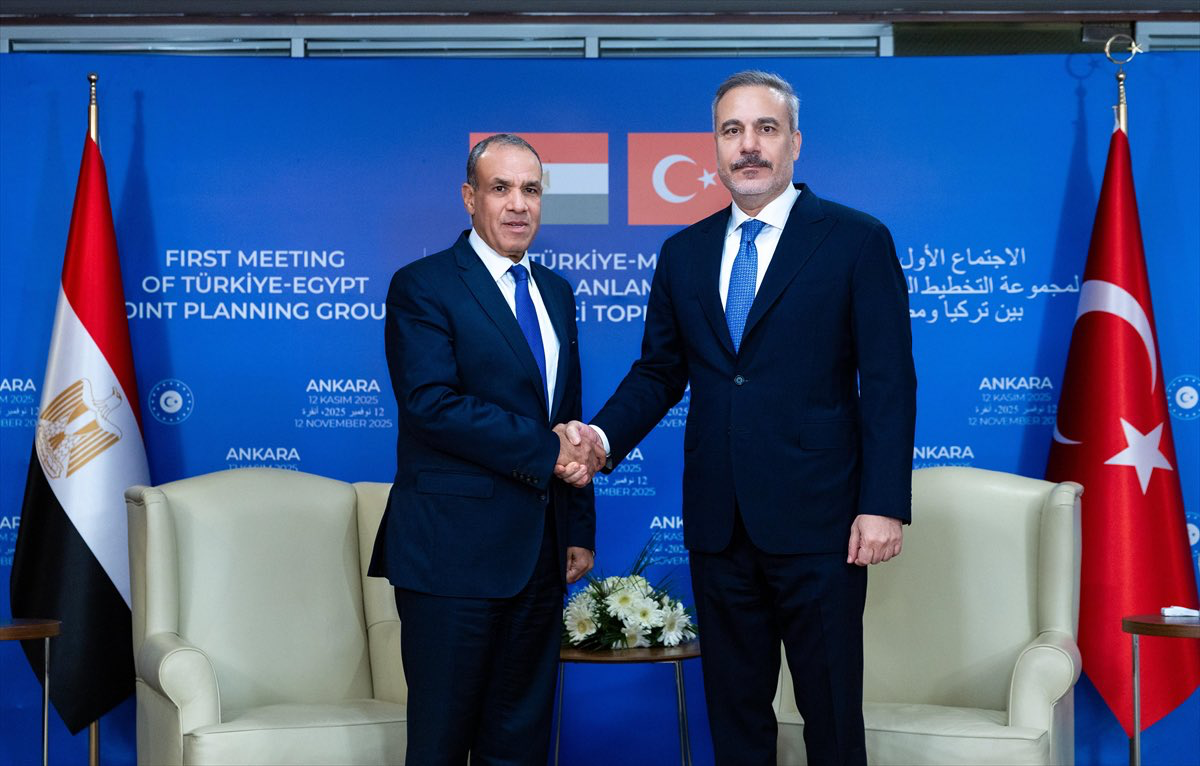
Emirati Role
The rise of the RSF and the atrocities they committed in El Fasher have once again brought the UAE's role in the Sudanese conflict into sharp focus.
Despite Abu Dhabi's repeated denials, extensive investigations published by the local Sudanese platform Vista—based on satellite imagery, aircraft and ship tracking data, weapon serial numbers, and multiple testimonies from the region—indicate that the UAE supplied the RSF with weapons throughout the war.
The UAE has used smuggling routes that include the port of Bosaso in Puntland, Somalia, bases in southeastern Libya controlled by Libyan General Khalifa Haftar, and countries such as Chad, the Central African Republic, and Uganda, extending to bases inside Sudan in Nyala and Al-Malha near El Fasher.
A decade ago, the RSF contributed approximately 40,000 fighters to the UAE-led coalition in Yemen.
The financial ties of RSF commander Muhammad Hamdan Dagalo (Hemedti) with Abu Dhabi are based primarily on gold and agricultural land, enabling him to amass a fortune estimated at $7 billion.
US officials accuse the RSF of committing genocide in Darfur, and Washington, through the US Treasury Department, has imposed sanctions on its leaders.
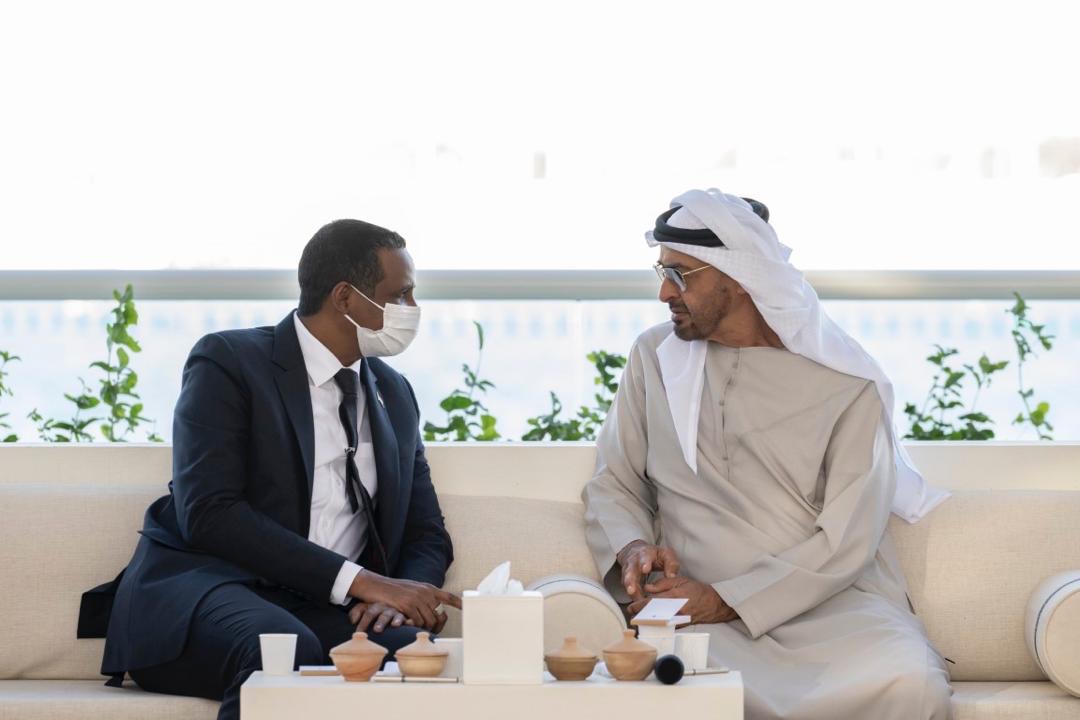
Egyptian-Turkish Cooperation
Commenting on these developments, Sudanese politician Dr. Ibrahim Abdel-Ati told Al-Estiklal that “the Emirati role in Sudan has become the most dangerous factor in complicating the situation and prolonging the war.”
He pointed out that “Emirati weapons and drones, along with funding coming through gold networks, in addition to supply lines extending from Somalia, Libya, Chad, and the Central African Republic, have given the Janjaweed unprecedented military capabilities, enabling them to occupy major cities, most notably El Fasher.”
“Therefore, the Sudanese Armed Forces, in direct coordination with Egypt and Turkiye, have begun implementing a counter-defense plan based on establishing new lines in El Obeid in North Kordofan to prevent any attempt to advance towards Omdurman and Khartoum,” he added.
“This Egyptian-Turkish cooperation is not a political courtesy, but rather the only way to prevent the partition of Sudan,” he hinted.
He explained that “the fall of Sudan—if it were to occur—would pose the greatest threat to Egyptian national security because the collapse of Sudan would create a vast security vacuum along a border stretching thousands of kilometers, something for which Egypt would pay a higher price than any other country.”
He affirmed that “Sudan has entered a phase of internationalization since the fall of El Fasher, and that the conflict is no longer internal but has become an arena for the intersection of regional agendas, spearheaded by the UAE, Egypt, Turkiye, and the U.S.”
He emphasized that any power pushing for the dismantling of the Sudanese state is working against the stability of the entire region.
Sources
- Egypt and Turkiye boost support for Sudan's army following RSF capture of el-Fasher
- Turkiye and Egypt agree to end the war in Sudan and reject plans to divide it [Arabic]
- Turkish drones assist the Sudanese army [Arabic]
- Hakan Fidan: Turkiye and Egypt confirm the cessation of attacks and the delivery of humanitarian aid to Sudan [Arabic]
- The Rapid Support Forces' control over Darfur narrows Egypt's options in Sudan [Arabic]
- The US imposes sanctions on the commander of Sudan's Rapid Support Forces [Arabic]



